Follistatin is a glycoprotein that plays a crucial role in various biological processes, including muscle growth, inflammation, and reproductive health. It is primarily produced in the liver but can be found in nearly all body tissues. Follistatin has gained significant attention in the fitness and bodybuilding communities due to its potential effects on muscle growth and fat loss.
What is Follistatin?
Follistatin is composed of protein and sugar molecules, functioning as a glycoprotein. It exists in several forms, with Follistatin 344 (FS-344) being the most basic form used primarily in gene therapy. Other forms include Follistatin 315, which is mainly found in the bloodstream and targets muscle tissue; Follistatin 288, which is involved in reproductive health; and Follistatin 300, which plays a role in nerve connections and cardiac inflammation.
Mechanisms of Action
Follistatin works by inhibiting several proteins and hormones that regulate various bodily functions:
•Myostatin: A protein that inhibits muscle growth. By blocking myostatin, follistatin promotes muscle development.
•Activins: These are involved in numerous physiological processes such as metabolism and inflammation. Follistatin inhibits activins to promote overall health.
•GDF-11: A growth factor associated with bone development.
•Follicle-stimulating hormone (FSH): Involved in gamete development; follistatin can suppress its synthesis.
Health Benefits of Follistatin
1.Muscle Growth: While there are claims that follistatin can significantly boost muscle mass, scientific evidence supporting this claim remains limited. Some studies have shown positive results regarding increased muscle mass when follistatin was administered alongside resistance training.
2.Preventing Muscle Loss: Research indicates that follistatin may help prevent muscle loss associated with conditions like Becker muscular dystrophy or age-related sarcopenia. However, more extensive clinical trials are necessary to confirm these findings.
3.Reproductive Health: Follistatin appears to play a role in reproductive health by promoting folliculogenesis in women and influencing sperm quality in men. Its precise mechanisms require further investigation.
4.Fat Loss: Animal studies suggest that increasing follistatin levels may lead to reduced fat gain and smaller fat cells, indicating potential benefits for weight management.
5.Cancer Development: The relationship between follistatin and cancer is complex; it may inhibit or promote tumor growth depending on the type of cancer involved.
How to Boost Follistatin Levels Naturally
There are several ways to increase follistatin levels naturally:
•Dietary Sources: Foods rich in soy isoflavones (like soy milk) and epicatechin (found in dark chocolate) can help boost follistatin levels.
•Exercise: Engaging in strength training exercises has been shown to increase follistatin levels temporarily.
•Fertilized Egg Yolks: Consuming fertilized egg yolks may provide direct sources of follistatin.
Conclusion
While follistatin shows promise for enhancing muscle growth and preventing muscle loss, the current body of research primarily consists of animal studies or small human trials. More extensive clinical research is needed to fully understand its effects on human physiology.

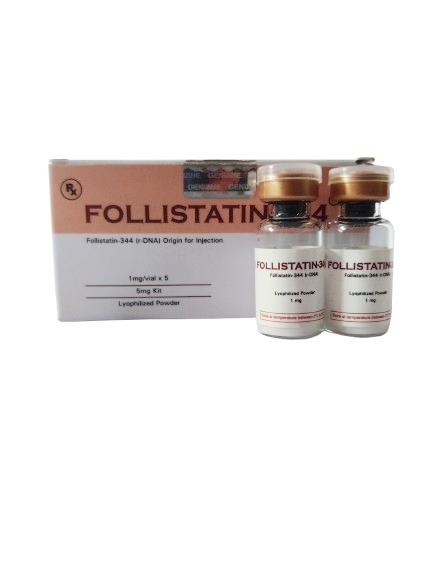


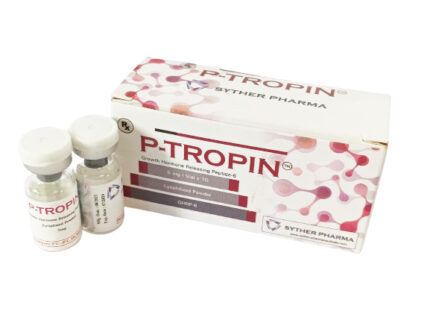
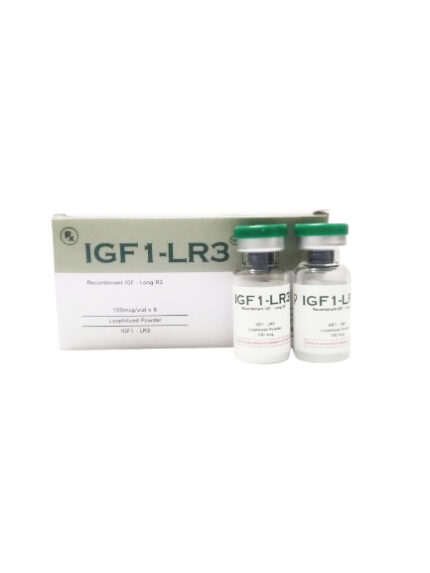


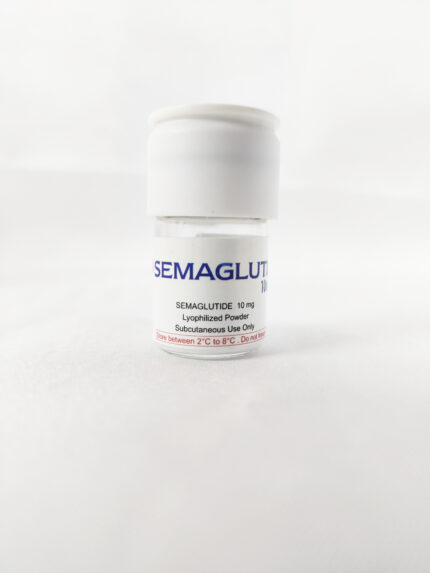
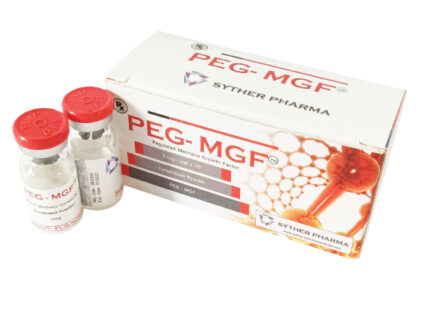


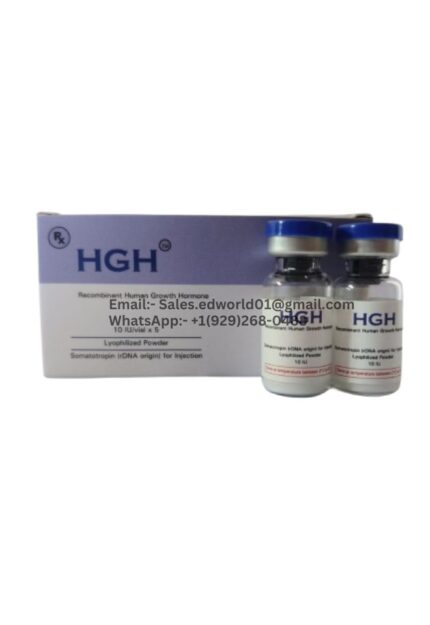
Reviews
There are no reviews yet.